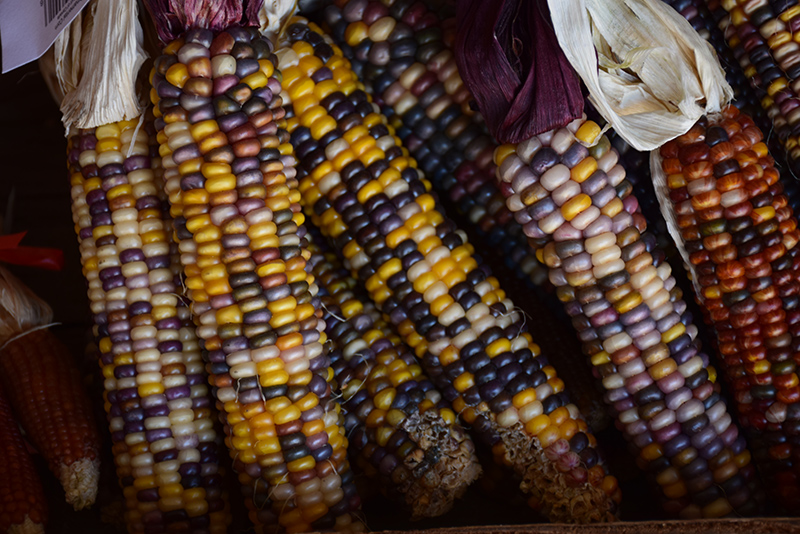Height: 5 feet
Spacing: 18 inches
Sunlight:
![]()
![]()
Hardiness Zone: (annual)
Other Names: Calico Corn, Indian Corn
Description:
Mainly grown for its esthetic appeal, this variety is a must have in summer gardens and containers; tall sturdy stalks produce ears of corn full of multicolored kernels; edible when used for hominy and polenta; a beautiful addition to autumnal décor
Edible Qualities
Flint Corn is an annual vegetable plant that is commonly grown for its edible qualities. It produces cobs of burgundy long kernels with gold variegation which are typically harvested when mature. The kernels will often fade to creamy white over time. The kernels have a pleasant taste.
The kernels are most often used in the following ways:
- Cooking
- Drying
Planting & Growing
Flint Corn will grow to be about 5 feet tall at maturity, with a spread of 18 inches. When planted in rows, individual plants should be spaced approximately 18 inches apart. This fast-growing vegetable plant is an annual, which means that it will grow for one season in your garden and then die after producing a crop.
This plant is typically grown in a designated vegetable garden. It does best in full sun to partial shade. It prefers to grow in average to moist conditions, and shouldn't be allowed to dry out. It may require supplemental watering during periods of drought or extended heat. It is not particular as to soil type or pH. It is somewhat tolerant of urban pollution. This species is native to parts of North America.
Flint Corn is a good choice for the vegetable garden, but it is also well-suited for use in outdoor pots and containers. Because of its height, it is often used as a 'thriller' in the 'spiller-thriller-filler' container combination; plant it near the center of the pot, surrounded by smaller plants and those that spill over the edges. It is even sizeable enough that it can be grown alone in a suitable container. Note that when growing plants in outdoor containers and baskets, they may require more frequent waterings than they would in the yard or garden.

